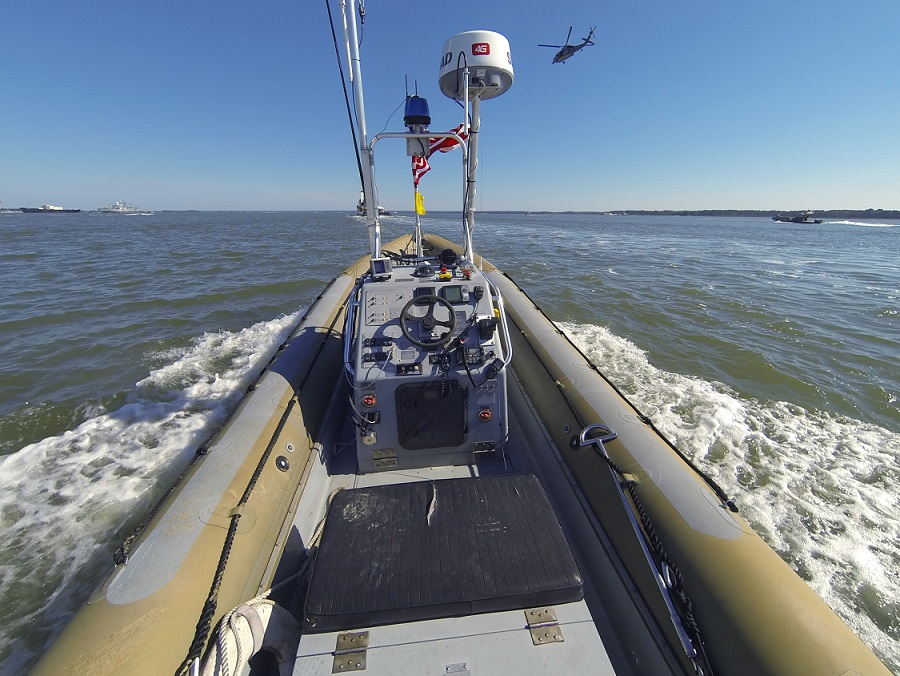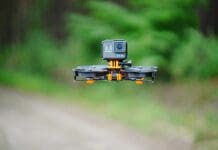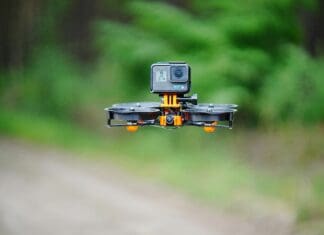
This post is also available in:
 עברית (Hebrew)
עברית (Hebrew)
Unmanned surface vehicles are becoming more and more autonomous, capable of accomplishing more sophisticated missions. The University of Plymouth, UK, and the Royal Navy have joined forces to conduct research and advance understanding around the future potential of marine autonomy.
Experts in fields including autonomous marine vessels and maritime cybersecurity will work, closely with navy personnel on a range of innovative projects. That will include Project Hecla, established in 2018 to optimize the UK Navy’s ability to collect and exploit hydrographic and oceanographic information.
The University will work with the project team on ways to enhance its feeding back of vital survey information to the UK Hydrographic Office and the RN’s highly skilled HM cadre.
They will also look at harnessing the capabilities of the University’s unique and recently opened £3.2 million Cyber-SHIP Lab, which aims to secure maritime operations through cyber resilience research, tools, and training. The Lab is hardware-based, configurable research, software development, and training platform designed to enhance understanding of maritime systems’ cyber vulnerabilities.

























